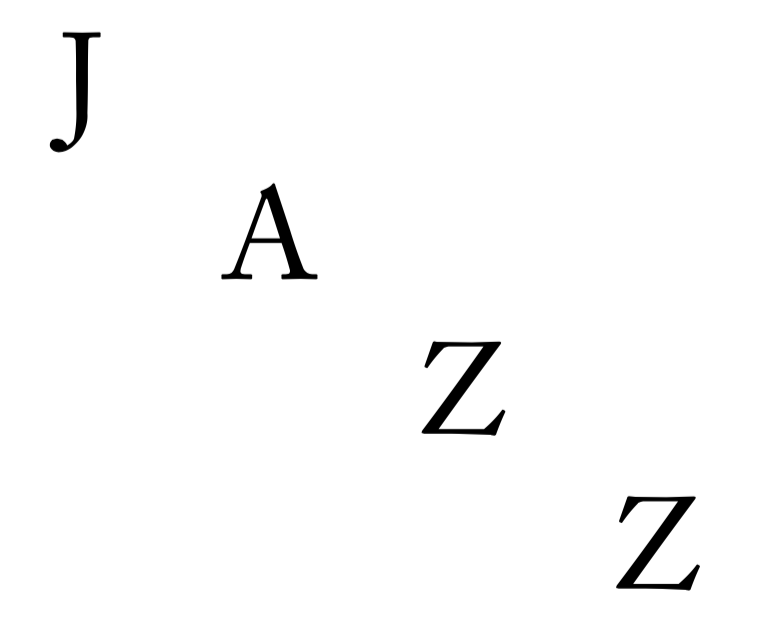Paul Bley on "All The Things You Are"
.png)
This is one of those really, really famous solos. So, for the uninitiated, a few testimonials to let you know what you're in for: “When I heard Paul Bley’s piano solo, a whole new universe of harmonic possibilities opened up from me. All these decades later, I still of it as one of the greatest solos in jazz history. Even a non-musician can sense something amazing is happening. On one level what he’s doing is very complex, but it’s also completely accessible, very open. Bley simply allows each musical idea to go to its natural conclusion — and in the end, something very personal becomes very universal" — Pat Metheny, speaking to Doug Fischer, as told by Peter Hum Mr. Metheny calls the solo "the shot heard 'round the world," in terms of its aftereffects in subsequent jazz, especially through Keith Jarrett. He describes Mr. Bley's solo as having an "inevitability." "His relationship to time," Mr. Metheny said, "is t

